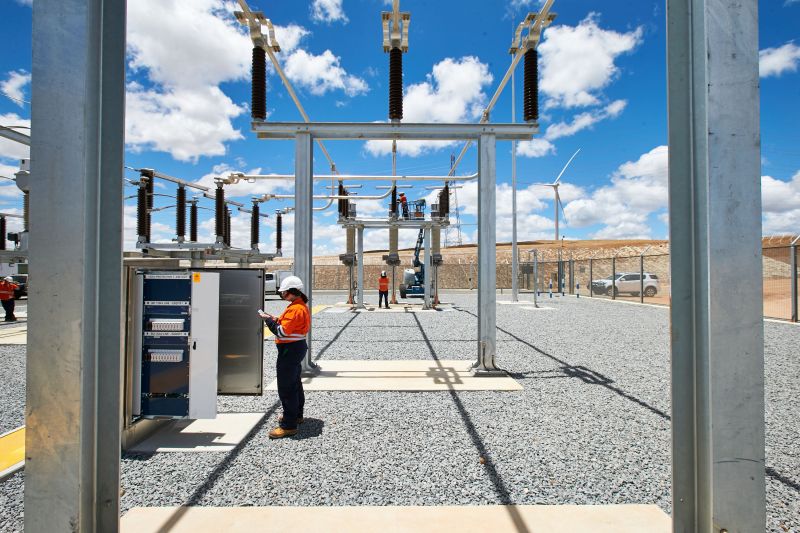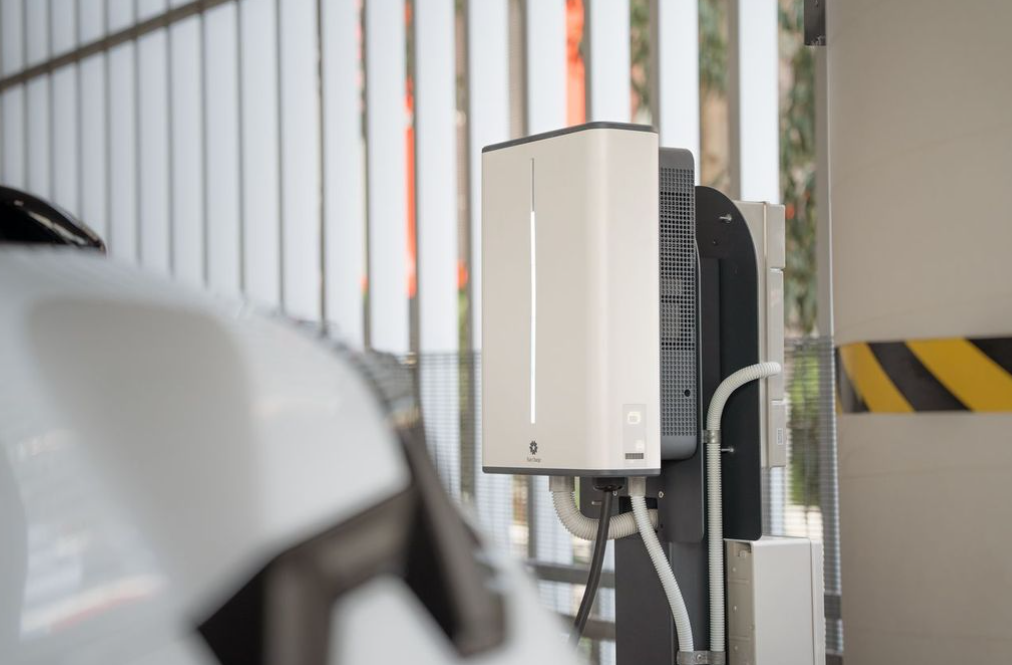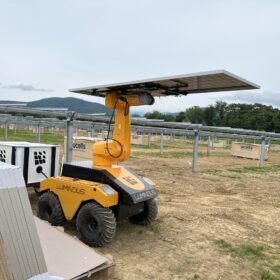Western Australia (WA) will host Australia’s first dedicated clean energy training centre with the TAFE Clean Energy Skills National Centre of Excellence to be established as part of a new $70.5 million deal between the state and federal governments.
The centre, which will be set up across the state’s metropolitan and regional TAFE campuses, will deliver training in clean energy technologies, including solar, wind, hydrogen, batteries, and grid integration, helping fast track the delivery of a skilled workforce.
Jobs and Skills Australia estimates that the nation needs 200,000 more people in clean economy jobs, including an additional 32,000 electricians, by 2030 to meet the growing demand driven by the clean energy transition.
The federal government will invest $32.75 million to be matched by the state government, which has also pledged a further $5.04 million to accelerate the creation of the centre.
Federal Minister for Skills and Training, Brendan O’Connor, said the investment highlights the importance of developing clean energy skills for the net zero transition and a Future Made in Australia initiative.
“This Centre of Excellence in WA will help develop high-quality, responsive skills training in the critical and rapidly evolving clean energy economy.”
WA Training Minister Simone McGurk said the Centre of Excellence will build on existing collaborations between TAFE campuses, universities, and industry to co-design industry relevant training programs that will equip students with practical skills and knowledge-based capabilities to support innovation in the clean energy sector.
The centre will also network with TAFEs in other states and leverage partnerships with universities, employers, and unions to build the clean energy skills base across Australia.
“The Centre of Excellence is education and training done in the most innovative way,” McGurk said.
“This model will be critical in delivering the skilled workforce in partnership with industry,” she said. “Partnerships with universities will also be important for the development of new qualifications such as higher apprenticeships for emerging industries.”
Author: Ken Braganza
This content is protected by copyright and may not be reused. If you want to cooperate with us and would like to reuse some of our content, please contact: editors@pv-magazine.com.








By submitting this form you agree to pv magazine using your data for the purposes of publishing your comment.
Your personal data will only be disclosed or otherwise transmitted to third parties for the purposes of spam filtering or if this is necessary for technical maintenance of the website. Any other transfer to third parties will not take place unless this is justified on the basis of applicable data protection regulations or if pv magazine is legally obliged to do so.
You may revoke this consent at any time with effect for the future, in which case your personal data will be deleted immediately. Otherwise, your data will be deleted if pv magazine has processed your request or the purpose of data storage is fulfilled.
Further information on data privacy can be found in our Data Protection Policy.